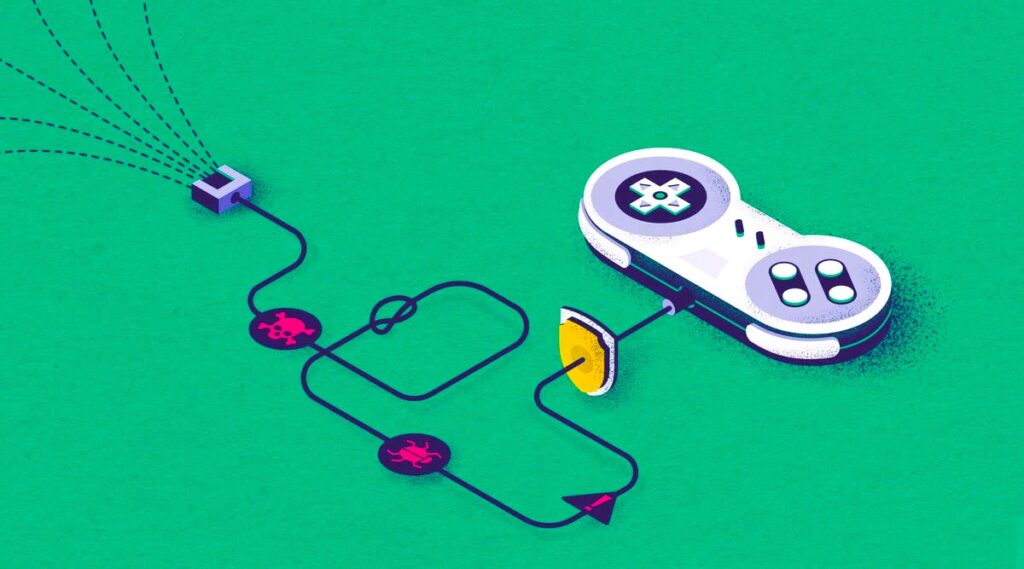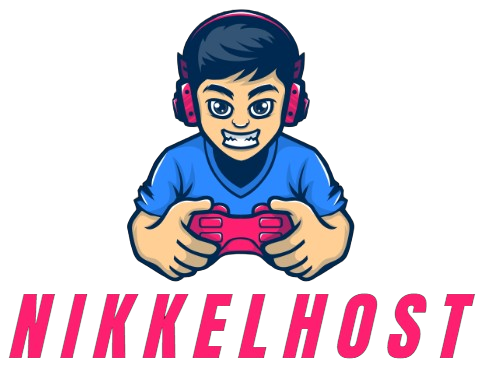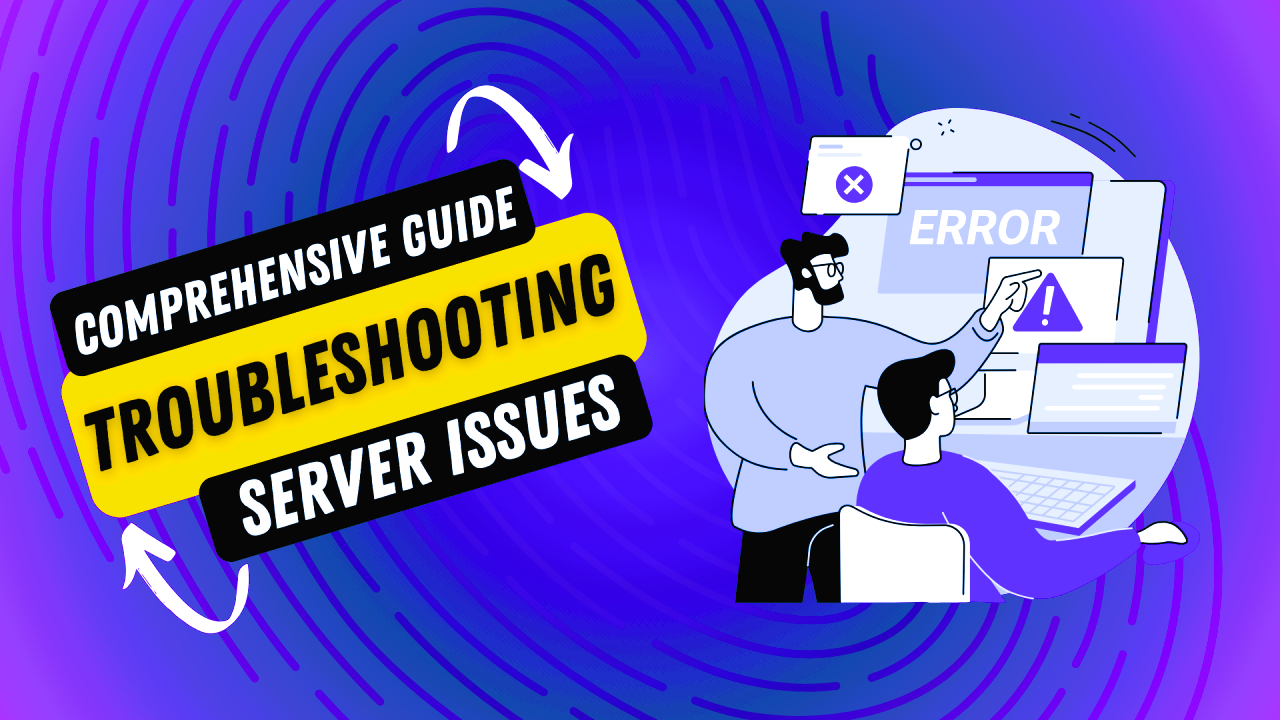
Game Hosting Security: Safeguarding Your Virtual Realm
In the expansive world of online gaming, where virtual realms come alive with vibrant communities and dynamic gameplay, the importance of robust security measures cannot be overstated. Game hosting security plays a pivotal role in safeguarding not only the gaming experience but also the sensitive information and interactions within these virtual realms. This article explores the critical aspects of game hosting security and how it acts as a bulwark in protecting your virtual domain.
Understanding the Stakes:
As online gaming continues to flourish, so does the attractiveness of gaming environments to potential threats. From Distributed Denial of Service (DDoS) attacks aiming to disrupt server availability to malicious attempts at unauthorized access and cheating, the virtual realm is not immune to security challenges. Therefore, implementing effective game hosting security measures becomes imperative for both gamers and hosting providers.
Key Components of Game Hosting Security:

- DDoS Protection:
- Distributed Denial of Service (DDoS) attacks can cripple gaming servers by overwhelming them with traffic, rendering them inaccessible to players. Game hosting security includes robust DDoS protection measures to detect and mitigate such attacks, ensuring uninterrupted gameplay.
- Firewalls and Intrusion Detection Systems (IDS):
- Firewalls act as a first line of defense, monitoring and controlling incoming and outgoing network traffic. Intrusion Detection Systems (IDS) complement this by actively identifying and responding to potential security threats. Together, they form a barrier against unauthorized access and suspicious activities. Web hosting for gamers, you can find out more here.
- Encryption Protocols:
- Encryption is fundamental to securing data transmitted between gamers and servers. Secure Sockets Layer (SSL) and Transport Layer Security (TLS) protocols encrypt communication channels, safeguarding sensitive information such as login credentials and payment details from interception.
- Regular Security Audits:
- Hosting providers conduct regular security audits to identify vulnerabilities and assess the overall security posture. These audits may include penetration testing, code reviews, and vulnerability assessments, ensuring that the gaming environment remains resilient against emerging threats.
- User Authentication and Authorization:
- Implementing robust user authentication processes prevents unauthorized access to gaming accounts. Multi-factor authentication adds an extra layer of security by requiring users to verify their identity through multiple means, reducing the risk of account breaches.
- Regular Software Updates and Patch Management:
- Keeping server software, gaming platforms, and associated applications up-to-date is vital for security. Regular software updates and patch management help address known vulnerabilities and protect against exploits that threat actors may attempt to leverage.
- Server-Side Monitoring:
- Server-side monitoring tools track server performance, network activities, and potential security incidents in real-time. Proactive monitoring allows hosting providers to identify and address security threats promptly, minimizing the impact on the gaming experience.
Collaborative Efforts:
Ensuring game hosting security is a collaborative effort that involves both hosting providers and gamers. While providers invest in infrastructure and security measures, gamers play a crucial role in maintaining the security of their accounts. Practicing good security hygiene, such as using strong and unique passwords, enabling multi-factor authentication, and promptly reporting suspicious activities, contributes to the overall security of the gaming community. Join the gaming community conversation at Fandom.
Choosing a Secure Hosting Provider:

Selecting a hosting provider with a commitment to security is paramount. Factors such as the provider’s track record, adherence to industry security standards, transparency about security practices, and responsiveness to security incidents should all be considered.
Building a Fortified Gaming Environment
In conclusion, game hosting security is the linchpin in building a fortified gaming environment. By implementing a comprehensive security framework that encompasses DDoS protection, firewalls, encryption, regular audits, user authentication, and proactive monitoring, hosting providers can ensure that the virtual realms they host remain secure and resilient against evolving threats.
At NikkelHost, we prioritize the security of your virtual realm. Explore our game hosting plans and experience a gaming environment that prioritizes both performance and security.




